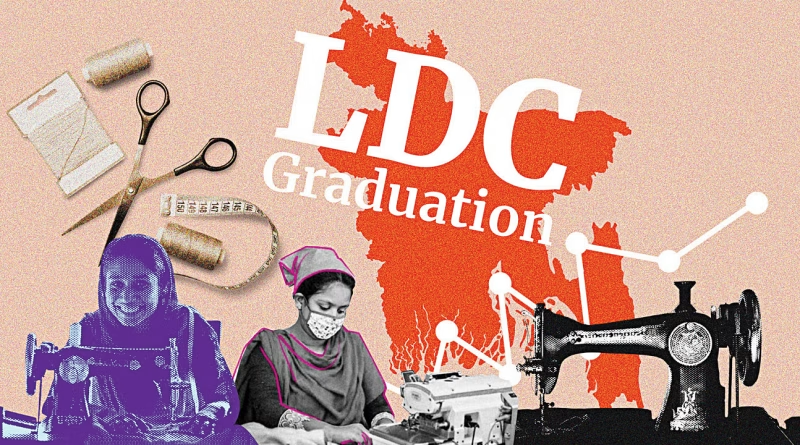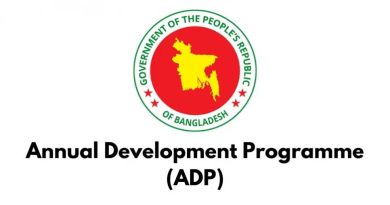Bangladesh must immediately start negotiations with key export destinations while seeking to defer its graduation from the least-developed country (LDC) group—or extend post-graduation trade benefits—if it wants to safeguard its readymade garment (RMG) industry, experts and industry leaders said.
The country is set to become a developing nation in November 2026, after which its apparel exports will lose duty-free access to major markets including the EU, US, UK, Canada, India and Japan.
Under current World Trade Organization rules, Bangladesh will enjoy a three-year grace period after graduation. But from 2029, Bangladeshi garments could face duties of 12% in the EU, 11.5% in the UK, 16.2% in Canada, 9% in Japan, 20% in India and 6.7% in China—putting its competitiveness at risk, particularly against Vietnam, which has free-trade deals with both the EU and Canada.
“Time is extremely limited,” warned Dr Mohammad Abdur Razzaque, chairman of RAPID. “Bangladesh must prioritise talks with the EU to remove safeguard clauses in its GSP and secure easier market access before the new regime takes effect in 2028.”
Sector leaders argue that graduation should be delayed or duty benefits extended to 2032, giving exporters time to upgrade infrastructure, cut lead times, expand energy supply and reduce business costs.
BGMEA President Mahmud Hasan Khan said the government and private sector must work jointly:
“We need a smooth transition to maintain orders. The EU will set conditions on labour and human rights, which also require preparation.”
Other trade bodies urged fast-tracking free-trade agreements, improving port efficiency, and offering alternative incentives—such as cheaper finance for manmade-fibre garments and backward-linkage industries—to offset the loss of cash subsidies after graduation.
Bangladesh’s apparel exports to the EU rose to €18.28 billion in 2024, up 58% since 2015, but its Canadian sales fell as Vietnam expanded under new trade deals.
Without swift policy moves, experts warn, orders may shift to competitors, eroding the country’s largest source of foreign exchange.






